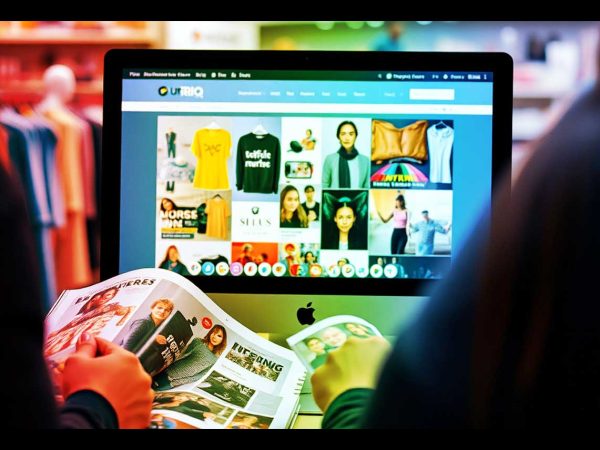We’ve just been through a unique LGBTQ Pride season, as well as an on-going shift in our day-to-day lives, personally and professionally. Most of us are working remotely/at home, but this is a new level of “working in place.” We are, for the most part, living in place. And although some of us were already utilizing Zoom, Skype, and other tech working across states, countries and continents, no one could have ever imagined our lives as they are now.
For many this has been a tremendous shift not simply from a technological standpoint but a psychological one. How do we continue to connect meaningfully for the foreseeable future? We are a community that loves to come together, whether at events, in LGBTQ spaces and those queer meccas what create magic, from Provincetown to the Pines. Most of us understand that a new “normal” is setting in for the foreseeable future, at a time when we need more than ever to organize, connect and work together. November 3 is coming fast. Fall conferences and fundraising season are almost upon us.
I was thrilled we pulled off the largest pride event ever with Global Pride on June 27. It was a “queer miracle,” with 57 million people around the globe participating in a 26 hour program organized in three months mostly by volunteers and with very little funding. But, it was at the beginning of this journey with COVID-19 and I wonder how long we can maintain interest and momentum, as it becomes more and more clear that large events will not be happening for a long time.
As we enter this new season of conferences, galas and other events, it’s important to look at what has worked and what hasn’t, because whether we like it or not this will be the state of affairs for the foreseeable future.
For example, Creating Change, the Queer activist conference organized annually by the National LGBTQ task Force, brings together thousands of activists for a combination of learning, planning, networking, family reunion and rejuvenation to get back into the struggle for the coming year. We recently announced it will be completely virtual in late January. But we know we are stepping into the unknown. We will be doing an early event, “Queering Racial Justice,” on October 10, just after the Task Force’s annual gala. The gala, usually held in Miami, will be accessible nationally for the first time.
The optimist in me says there will be upsides. Both events will be so much more accessible to participants, since all you need is an internet connection. No travel budget? No problem. Don’t like crowds? Participate from the comfort of your couch. And more reach will hopefully translate into more support from sponsors. So far the response has been encouraging but the economy is a fickle thing, especially right before a Presidential election and in the middle of a pandemic.
We need to get creative as communications and marketing experts. With limited budgets, having the resources to get celebrity talent or high level productions done is a challenge. And trust me, you need a draw to get people engaged online. It will only become more difficult over time.
In my work with the Task Force, we are executing what will hopefully be an effective and mutually beneficial plan to bolster our work and support LGBTQ media, which is suffering heavily in this economy.
Our community media relies on advertising from many industries that are suffering, from travel to entertainment to spirits. I have watched painfully as LGBTQ media downsize, go to online only or restructure simply to stay afloat. We have to find a way to provide some support and engagement.
My hope is that we will find ways to introduce new audiences to our community media – all of those people out in the streets at their first protest (I was at several BLM and Queer/Trans BLM protests, LGBTQ folks are a large and vocal presence!) or voting for the first time this Fall. Partnering is a vehicle for reach those who may be interested in one or more of the diverse virtual events we are putting together. Seems like a win-win.
As this new challenging virtual world continues, we also must think long term and get really creative in finding ways to reach our community – whether you are trying to sell a product or organize to get out the vote. The LGBTQ media and other online resources are going to be the lifeline that we must nurture, support and continually think about leveraging in new ways.

Show Comments



